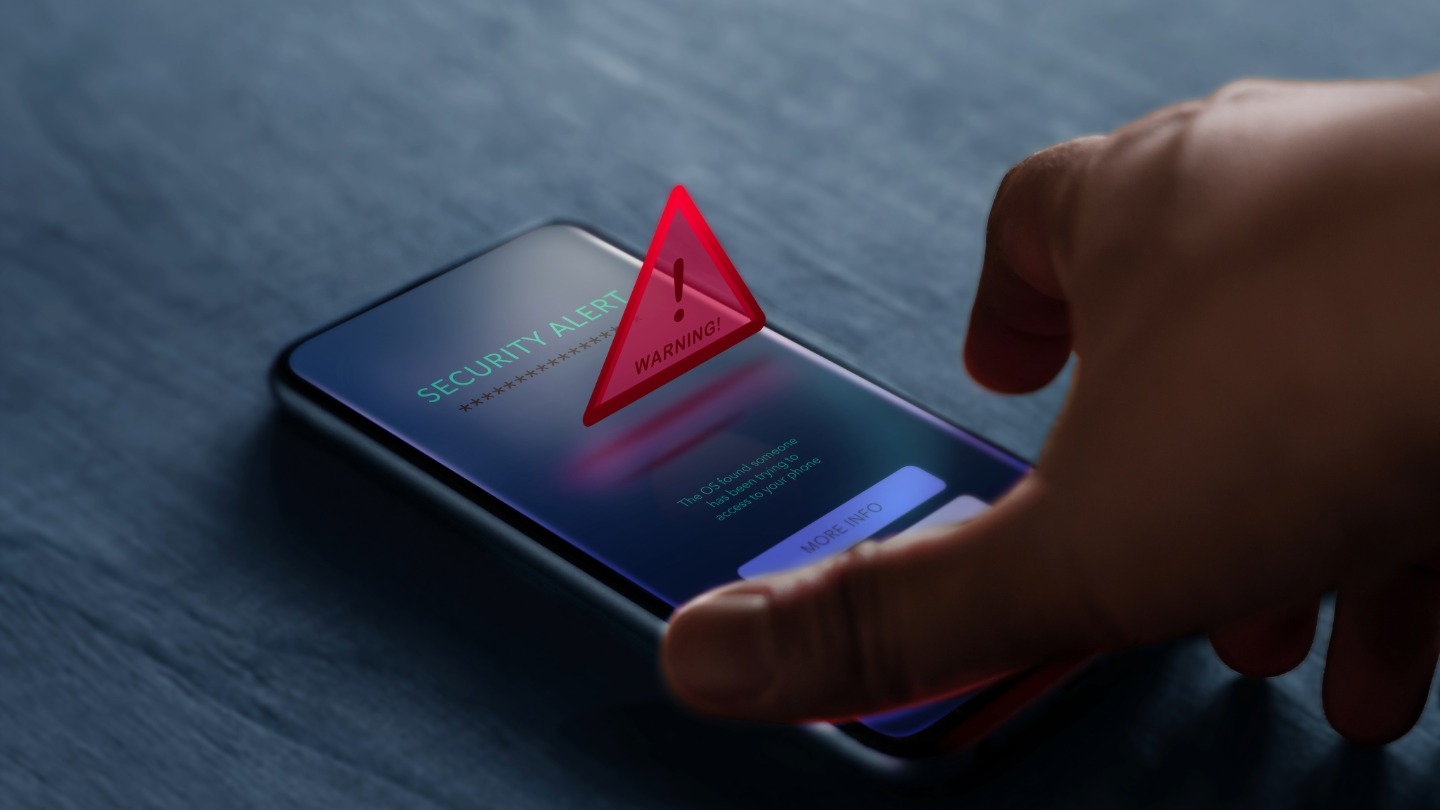
IDIQ is not a bank, lender, tax advisor, or insurance company. Offers made on this page may come from our advertising affiliates, and we may earn a commission when you purchase products or services.
Most people know a couple who met on an online dating site. What was once a stigma has now become commonplace as access to the internet has grown, and so has the number of online dating sites.
Finding love online is now as simple as downloading an app, filling out a form, and swiping right or left. Unfortunately, this has also led to a significant increase in the prevalence of romance scams. Here we look closely at romance scams, how to recognize them, and tips to help protect yourself in 2025.
Romance Scam Statistics
Romance scams are evolving each year. In 2023 alone consumers lost a whopping $1.14 billion to romance scams, according to the Federal Trade Commission (FTC). The FTC constantly monitors dating sites and their services. Their goal is to help reduce the risk of romance scams as internet dating continues to rise.
The FTC even sued the owner of the popular dating website Match.com. The FTC disclosed that the website used fake ads to promote love interests among people, tricking them into paying for a subscription. An interesting statistic is that up to 30% of the new users who subscribe to Match.com are not there to find love. Instead, they sign up to Match.com with the purpose of scamming others who are actually looking for love on the platform. This data only accounts for a single platform, with many others also in existence.
Common Types of Romance Scams
As someone who might be turning to the internet to find love, it is important to know the scams circulating on these websites. When you recognize the most common romance scams, it is easier to identify them while exploring these dating platforms.
We are going to take a closer look at the most common romance scams that are currently circulating.
Fake dating sites.
There are many popular and well-established dating sites. On the other hand, you may sometimes find yourself facing a dating website you have never heard of before. While not all of these may be scams, it is important to note that there is always a chance. For example, scam dating sites may be filled with fake profiles that trick you into paying for a subscription, yet the profiles on the website are not linked to real people. These sites might also be set up to scam money from you or steal your personal data.
Catfishing or photo scams.
Photo-related scams are also prevalent on dating sites. You may notice a profile that has a photo of someone who looks like a perfect match for you.
This can lead to conversations between you and that person, even though you are talking to a scammer and not the person you see in the picture. You may be asked to send your personal information, or the scammer might even request sensitive photos or money.
Military romance scams.
Another type of scam that is relatively common involves a profile claiming that they are in the military. This often gives the scammer an excellent excuse for not being able to meet up with you, as they have been “commissioned” to go abroad.
The scammer may state several terms that are native to military personnel, thus tricking you into trusting them and considering their profile and presence accurate.
Intimate activity scams.
You may also come across intimate activity scams. These scams generally involve a scammer trying to get closer to you. As they win over your trust, they may try to convince you to send them intimate photos. The scammer may then use these photos to blackmail you, holding them as a ransom or threatening to send the photos to people you know to get you to pay.
Code verification scams.
When you set up a new account on a dating website, you often need to verify some of your details. This is another area where scammers may come into the picture.
They may send you a fake SMS or email to “verify” your details. But, when you click the link, you are taken to a fake web page asking for your personal information. This can lead to you entering your Social Security number, credit card details, or other sensitive information.
Inheritance scams.
Once a scam dating profile gets you to trust them, they might try to convince you they need to get married to claim their inheritance. They may go as far as to promise to share the inheritance with you, then ask you to pay for certain things, such as a plane ticket or a stay at a hotel.
They want the money transferred to them, after which they are likely to disappear or even request more funds.
Malware scams.
Some dating platforms can infect your phone or computer with malware. There are different ways in which scammers can get you to open a link or an attachment that installs malware on your computer.
This often occurs through a link or attachment that the scammer sends to you.
How Romance Scams Work
There are different ways in which scammers approach people on dating sites. The main aim of these scammers is generally to steal your money, personal information, or both.
It is widespread for scammers to act like they are someone else to keep you interested. Many people fall in love with the “persona” that the scammer creates. This makes you believe them when they suddenly need money for medical expenses or perhaps to pay for a visit to you.
Sometimes, they continue to ask you for money and constantly present excuses for not meeting you in person, even though they do not intend to meet.
Real-Life Stories of Romance Scams
From the story of the French woman who sent $865,000 to a scammer impersonating Brad Pitt to a Facebook friend request that led to a widow losing almost $40,000 to a scammer, there are, unfortunately, many real-life examples of people looking for love but instead are targeted by bad actors.
Here are other real-life examples of romance scams:
- Romance Scam Survivor: The Whole Sordid Story by Jan Marshall
- Broken: Victim of a Romance Scam by Judi Huggins
What Can You Do to Help Protect Yourself?
There are real people out there, just like you, looking to find a special someone on dating sites. The problem is there are also many scammers. So always be vigilant when signing up for a dating app or website.
Understanding the different types of romance scams and knowing how to recognize the signs is important when you sign up for a dating profile.
Here are some tips that can also help you become aware of a potential scam:
- Try to meet up in a public place once you start to talk more. If they constantly give you excuses, consider the possibility it is a scammer. Be sure to tell your family or friends where you are also planning to meet.
- Don’t travel too far to visit the person you met online. Instead, try to focus on finding people close to you in terms of where they live. This reduces the need for lengthy travel that may end up a disappointment.
- If they only have a single profile picture and it seems a bit blurry or like it was edited, then be cautious. Download the profile picture, even if there are more photos, and upload it to an image search platform. Both Google and Bing offer image search capabilities, which can help you identify other photos related to that profile picture.
- Don’t pay money to someone you have never met in person. If the person you chat with asks for money, especially through a payment app, then make sure you consider that it may be a scammer.
- If they want you to pay them Bitcoin or try to sell a forex trading program to you – even if it seems legit – it is likely to be a scam.
- Don’t send intimate photos over a dating site. It’s better to meet the person and see how things go.
What Are the Signs You’re Being Scammed?
Some signs to look out for include:
- Regularly asking for personal information.
- Asking for money, often at frequent intervals.
- They won’t answer when you ask them personal questions.
- There may be inconsistencies in the stories they tell you.
- They prefer communication on a third-party platform.
- They do not want to meet in person.
How To Report a Romance Scam
If you notice signs of a romance scam while you navigate a dating site, it’s important to report it. This can help ensure an investigation is put in place, which can help identify the scammer and remove their accounts.
This can also reduce the risk of a future person being scammed. If this happens to you, visit ReportFraud.ftc.gov to report it.
Recovering From a Romance Scam
If you have been a victim of a romance scam, consider how it affected you. Then, report it to the appropriate authorities.
Consider signing up for identity theft protection if you feel your personal information is at risk. IdentityIQ services provide real-time monitoring and alerts, so you can quickly monitor and recover your personal information.
Bottom Line
If you want to find love online, it’s important to understand the different types of romance scams. Unfortunately, romance scams are rising. The best thing you can do is educate yourself on romance scams and use dating sites cautiously while looking for that connection.







